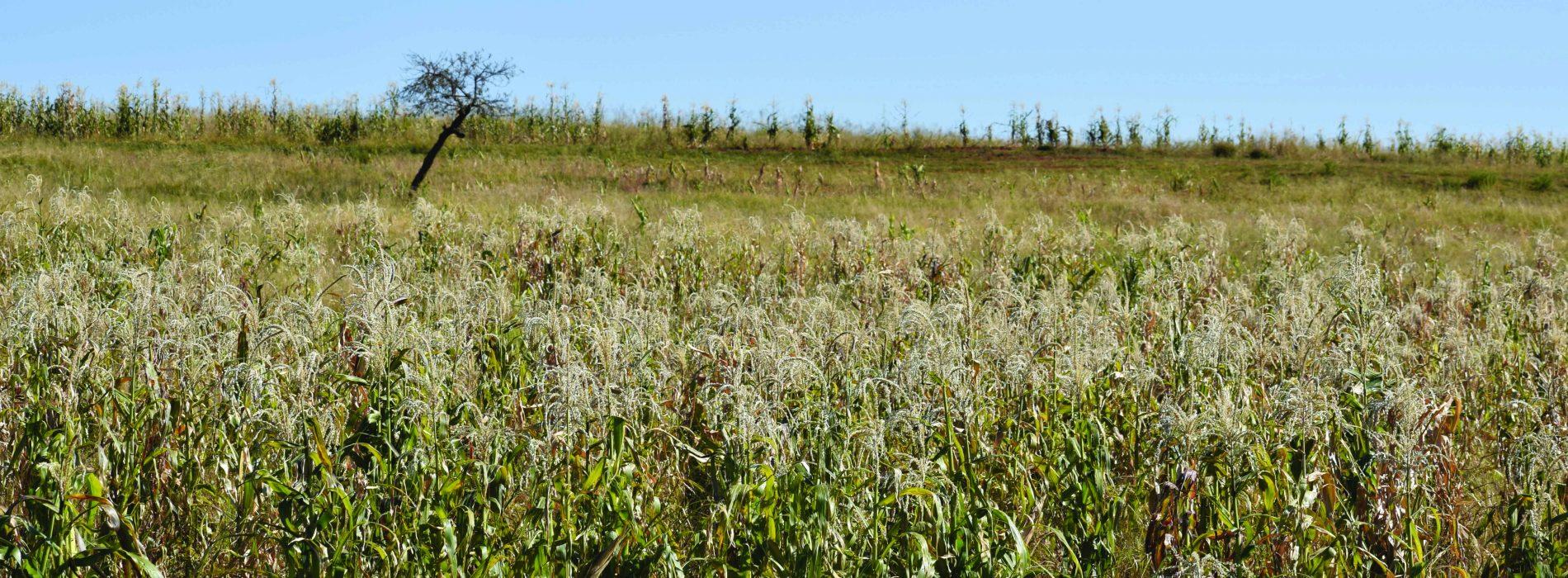Africa-Press – Lesotho. Sesotho se re, “bothoto, ke lefa la ba bohlale”, which roughly means, a savvy person will always benefit from the ignorance of foolish people. A fool and his money (wealth) will always part ways.
The founding father of Lesotho, King Moshoeshoe the First, sacrificed his life and worked extremely hard to secure a legacy for his nation – the Basotho nation.
This legacy came in the form of land. It is a legacy that Moshoeshoe had hoped would benefit his children for generations to come. We grew up with the knowledge that land is wealth.
Basotho people are fortunate to own a piece of land in one form or the other. However, this wealth that Basotho possess, seems to be eroded, day-by-day mainly due to ignorance and blatant carelessness (Bothoto).
In terms of land ownership, who owns what? Who has the biggest share of land in Lesotho? His Majesty? What does the Constitution say about land-ownership in Lesotho? Is there proper land administration and regulation in Lesotho?
These are the questions that should be on our lips on a daily basis.
More-so, on the lips of our politicians. But ak’hu! Oh Khot!
I work in the property sector and land affairs are part of my day-to-day work. I see a very worrying trend where Basotho are selling their prime land in droves.
Prime land that is fertile for agricultural use and prime in terms of location for business potential. The land is primarily sold to shrewd Asian businessmen that offer to buy land for cash.
Cash on the spot! No instalments, no questions, no arguments. So you can imagine what that means to a person with an empty stomach. My concern is that Basotho are in a very tight spot economically.
Families are struggling to put bread on the table. It’s a constant nightmare to survive in Lesotho. Savings have been depleted and there no prospects for jobs. The next best thing is to sell whatever piece of property that’s available in order to feed the kids.
Yes, it’s a noble thought to put the interests of the family first but what are the long-term repercussions of this trend? Let’s say in 2030 or the year 2050?
Should a land audit be conducted this year, 2020, I am pretty sure that we’ll find shocking statistics on landownership in Lesotho.
What will be the trend in 2030? My guess is simple and straight-forward. Basotho will own less that fifty-percent of their country. Those are the bitter effects of capitalism in a country run by hungry and careless politicians.
Look, Lesotho is very small. Only thirty thousand square metres. The entire land can be sold within the space of ten years. What are the worrying trends? Basotho are selling most of their prime business-land mainly on the periphery of the main roads, Main South One and Main North One Roads.
This is land that could have been used by Basotho nationals to build sustainable enterprises. But the problem is that we have a country that is not regulated and lacks by-laws.
Maseru City Council still lacks by-laws in 2020. The second trend is the disposal of prime agricultural land. Prime in the sense that, it is located near water sources and the soil is fertile. The latest trend is to sell land to cannabis enterprises.
Are Basotho well informed about the exact value of their land? What is the cost of land per square metre?
The main problem is that most Basotho people are not informed about land valuation and the future value of land.
This is a big problem because Basotho are in a state of desperation to an extent where they sell valuable land to the lowest bidder. Where is the public protector? Is he sleeping on the job?
What are the solutions? Lesotho needs to hold a land summit (Lesotho Land Summit 2020) to discuss all matters related to land.
More especially, prime land held by the government. This is land that is supposed to generate thousands of jobs for the youths but evil and ignorant politicians clutch onto it for reasons only known to them. Secondly, Lesotho needs to invest in a land audit. We need to know what the status of land is.
How much arable land is available? How much land is used for domestic use? How much land is used for commercial use?
What percentage of land does the government own? How much land is owned by Basotho nationals/citizens? What percentage of land do Churches own? What percentage of land do foreign or multinational companies own?
These are pertinent questions that can only be answered through an audit.
It will further help our country to know the state of our land and start planning accordingly. This is where the Ministry of Economic Development and Planning becomes important. A land audit will further be an answer to a pending debate on whether Lesotho should re-claim the land encroached by South Africa.
What is the point of reclaiming lost land when you can’t manage the one you have?
As a closing comment, Lesotho needs to work aggressively to stop the habit of encroachment on agricultural land.
Lesotho is blessed with an over abundance of fresh water, fresh air and fertile soil. In addition to that, Lesotho is blessed with a very good climate.
Lesotho should’ve taken advantage of those three attributes long ago, but our politicians are fixated with fighting each other. To what end? Maybe until this country is finished. Ho fihlella lefa la Moshoeshoe le felile tuu!






